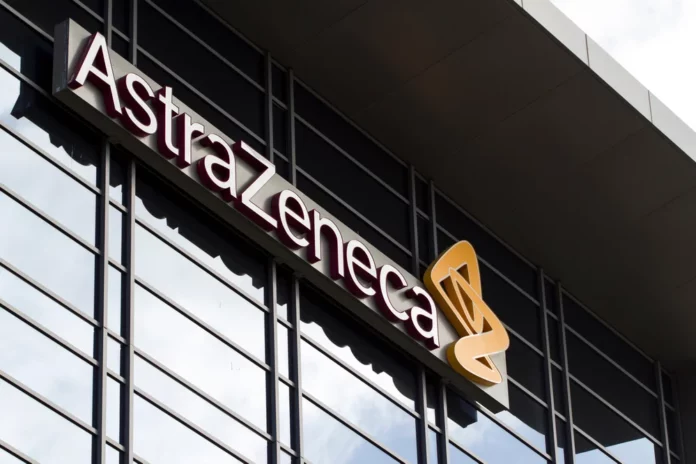AstraZeneca, the renowned British pharmaceutical giant, announced on Tuesday a whopping settlement worth $425 million to quash accusations spanning federal and state courts. At the crux of the lawsuit? Claims that its acid reflux medications, namely Nexium and Prilosec, could be implicated in kidney injuries.
The riveting turn of events locates the deal as the resolution to accusations consolidated in the labyrinth of multidistrict litigation in New Jersey’s federal court, and spilling into the legal arenas of Delaware and New Jersey state courts. Despite this climactic settlement, the terms remain shrouded in mystery, with AstraZeneca revealing little, only noting that it did not concede to any fault.
AstraZeneca $425M Deal : A Lone Ranger in Louisiana
While the seas may seem to have calmed, a single storm still brews on the horizon. A solitary case, scheduled to set the courtroom of Louisiana federal court ablaze in April 2024, persists according to the company’s gripping statement.
A Tumultuous Journey: From Inception to Resolution
The multidistrict litigation (MDL) in question, centering around this class of gastric acid reduction medications like Prilosec and Nexium, birthed its initial seeds in 2017. But the chronicle begins even earlier. In 2011, Public Citizen, a vigilant consumer advocacy group, waved red flags to the U.S. Food and Drug Administration (FDA) about potential nefarious side effects of these drugs on kidneys. It’s like sounding the alarm bells on a dormant volcano which would later erupt with revelations. In 2014, those alarms saw fruition as the FDA mandated warnings about the risks of acute interstitial nephritis on drug labels, akin to a sentinel standing guard, cautioning the masses.



